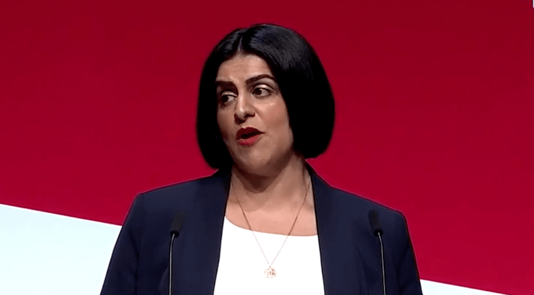London, 1 October 2025 — The UK Home Secretary has revealed sweeping reforms to the rules governing Indefinite Leave to Remain (ILR), signalling a shift to a more conditional model of permanent settlement for migrants. Under the proposed changes, migrants would no longer receive ILR automatically after a fixed period; instead, they must satisfy a “contribution test” to demonstrate their integration and value to society.
Key Proposed Changes
-
Qualifying period extended: The standard waiting period for ILR would rise from 5 years to 10 years for most visa holders.
-
Contribution-based requirements: Applicants would need to satisfy criteria beyond just residence, including:
-
Clean criminal record
-
High English language ability
-
Demonstrated social/community involvement or volunteering
-
No history of benefit claims
-
Sustained work and national insurance contributions
-
-
No retroactive application: The Home Secretary has indicated that these new rules will not apply to migrants who already hold settled status or who are already in the process under the old system.
-
Consultation ahead: Detailed rules will be subject to public consultation later this year, before being enshrined in law.
Rationale & Political Context
The reforms come as part of the Labour government’s wider white paper on immigration, Restoring Control over the Immigration System, which aims to reduce net migration and link settlement more closely to integration.
The government frames this shift as a move toward “earned settlement” — rewarding migrants who “pay in, contribute, and integrate.”
However, critics — including immigration lawyers, advocacy groups, and some political commentators — warn that the new system risks penalising vulnerable groups (e.g. refugees, frontline workers, those with language or health barriers), creating burdensome bureaucracy (e.g. verifying volunteering), and potentially deterring global talent.
Impact & Uncertainties
-
Migrants currently nearing the five‑year mark may be uncertain whether they must wait the full decade under the new system or qualify under transitional rules.
-
The government insists the rules will not be applied retroactively to those who already have ILR.
-
The new contribution metrics — especially around volunteering, benefit history, and “social worth” — will likely generate debate over fairness, measurement, and subjectivity.
What Comes Next
The Labour government is expected to introduce legislation next year to embed these changes, following the consultation period.
Those affected — migrants in work, students, family visa holders, etc. — will be watching closely for the detailed criteria, transitional arrangements, and how exceptions might be applied.
Source: LIIE IMMIGRTATION


